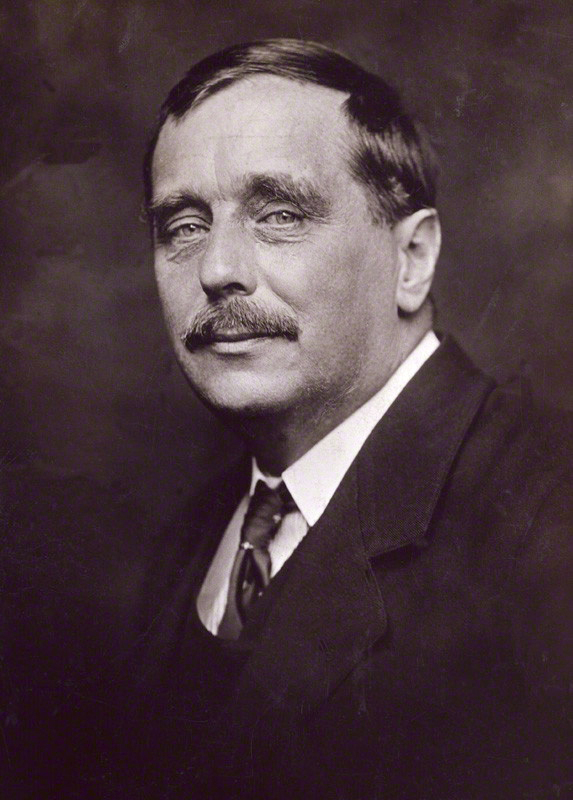Frases célebres de Herbert George Wells
Frases de fe de Herbert George Wells
Fuente: El contorno del la historia, 1920. [ref. incompleta]
ref. incompleta
Herbert George Wells Frases y Citas
1922
Fuente: [Fagan, Brian M., Los setenta grandes inventos y descubrimientos del Mundo Antiguo, Blume, 2009, 978-84-9801-432-7, 225]
Herbert George Wells: Frases en inglés
Fuente: The Island of Doctor Moreau (1896), Ch. 16: How the Beast Folk Tasted Blood
“The Boss: You are not mechanics, you are warriors. You have been trained, not to think, but to do.”
Things to Come (1936)
“How small the vastest of human catastrophes may seem at a distance of a few million miles.”
"The Star", final line, first published in The Graphic, Christmas issue (1897)
“Our true nationality is mankind.”
Fuente: The Outline of History (1920), Ch. 41
“For crude classifications and false generalisations are the curse of all organised human life.”
Fuente: A Modern Utopia (1905), Ch. 10, sect. 1
Fuente: The Island of Doctor Moreau (1896), Ch. 14: Doctor Moreau Explains
“Rowena: You’ve got the subtlety of a bullfrog.”
Things to Come (1936)
Fuente: The Invisible Man (1897), Chapter 20: At the House In Great Portland Street
"What I Believe", The Listener, 1929. Quoted in Clifton Fadiman, I Believe, London, George Allen and Unwin, 1940.
The Rights of Man, or what are we fighting for? (1940)
“The uglier a man's legs are, the better he plays golf. It's almost a law.”
Bealby: A Holiday (1915)
Fuente: The Island of Doctor Moreau (1896), Ch. 21: The Reversion of the Beast Folk
“An artist who theorizes about his work is no longer artist but critic.”
The Temptaion of Harringay (1929)
Book I, Ch. 7: How I Reached Home
The War of the Worlds (1898)
“Adapt or perish, now as ever, is Nature's inexorable imperative.”
The Mind at the End of its Tether (1945), p. 19
